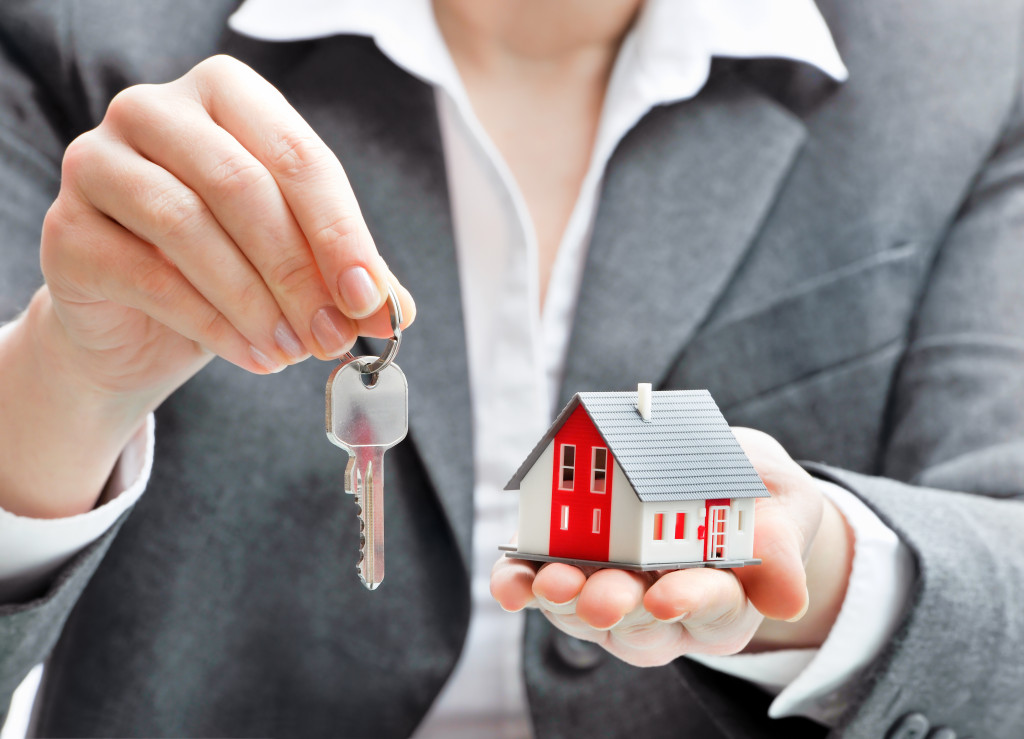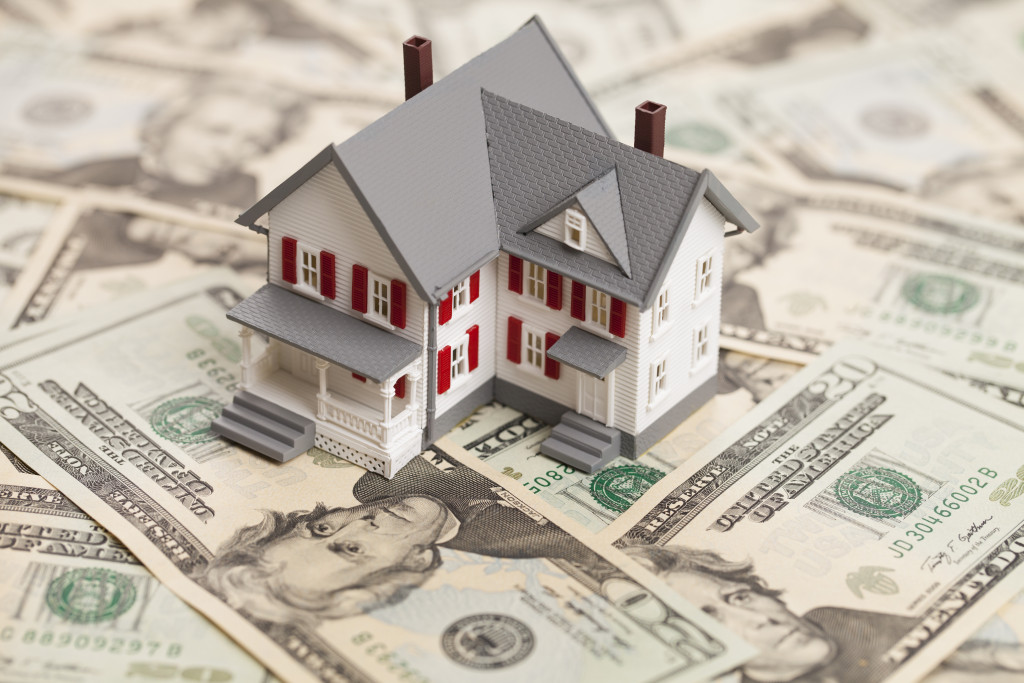When most people in your social circle start settling down, buying their own homes, and building a family, the pressure is on. You can’t perhaps help but want what they have, but this is normal. It can be very easy to fall into social pressure. And if this is your very basis for buying a home, you might as well reconsider.
Purchasing a home for you or your family, not for investment, will require a big commitment on your part, so you will need the right reasons for buying to get you through with grit. Know both the right and wrong reasons to buy a house, so you can evaluate yourself better and know if you’re up for it.
Wrong Reasons for Buying a House
-
Peer pressure
Again, feeling pressured by others is one of the reasons you should think twice about buying a home. This has to be reiterated since social pressure can lead so many people to follow the crowd and not what they’re capable of or want.
When you get to a certain point when most people your age are buying a home and no more renting, it can be very tempting to have your own too. But the truth is, there are yet so many aspects to consider when buying one, to be tackled next. If peer pressure is the only reason you get one, you should sit down and think about your financial capability first.

-
Debt-to-income ratio
No matter how high your income, when you have outstanding debts, then perhaps it’s not yet time for you to buy a home. Make sure that you keep your debts as low as possible, or pay all of them first. Home lenders may accept your loan request, but most will not take the risk if you have huge debts.
-
Mortgage
In relation to debts being higher than your income, it would not be wise to add another debt in the form of a mortgage loan. Pay your outstanding debts first, and then you can focus on getting a home loan. But being accepted for a home mortgage and having no other loans don’t always immediately mean you are ready to buy a home.
Evaluate your income first and yourself—the way you spend and save your money. Do you have spending issues and seriously finding it hard to save even with an average to high income? Then fix any problems first since saving is a huge part of owning a home. Before you buy one, it’s good to save for a down payment first.
Also, if it’s your emotions taking over your decision once you’re offered a home loan with considerably lower rates, then better wait. Otherwise, you’ll risk giving up your dream home for the offered one.
-
Moving
It would be best if you planned to stay in one area for at least five years. Any that’s less than that, you might want to consider just renting. This rings true for when you have a job that you know will transfer you from time to time. You should know that having a home has its challenges.
Moving for the sake of your job isn’t enough reason to buy a home in an area. Who knows, your job might not work out for you. It would be even harder to find a new one and pay your home loan.
And if you travel most of the time, one of your home-related problems would be about maintenance and repairs. It would be difficult to schedule a time to do the lawn care, seasonal assessments, repairs, and more. Thus, you hire someone, an expense you didn’t expect.
When Do You Know You’re Ready to Buy a House?
A home can be expensive, so you need to be sure about your financial capability before applying for a home loan. Make sure you are already in a secure job, have a steady income, and preferably have more considerable savings.
But it’s not just all about financial readiness; you need to be emotionally ready before you can own a house since it will be a huge commitment. It’s easy to feel anxious about such responsibility, so you’ll need to have yourself pulled together first.
If you feel much stable, you’re good to go buying your own. It’s the best way to build equity. Plus, in the first few years of purchasing a home, you can always deduct a percentage of your interest rate from the taxes you pay. Before making the decision, ensure that you’re in the right place to make that purchase.

